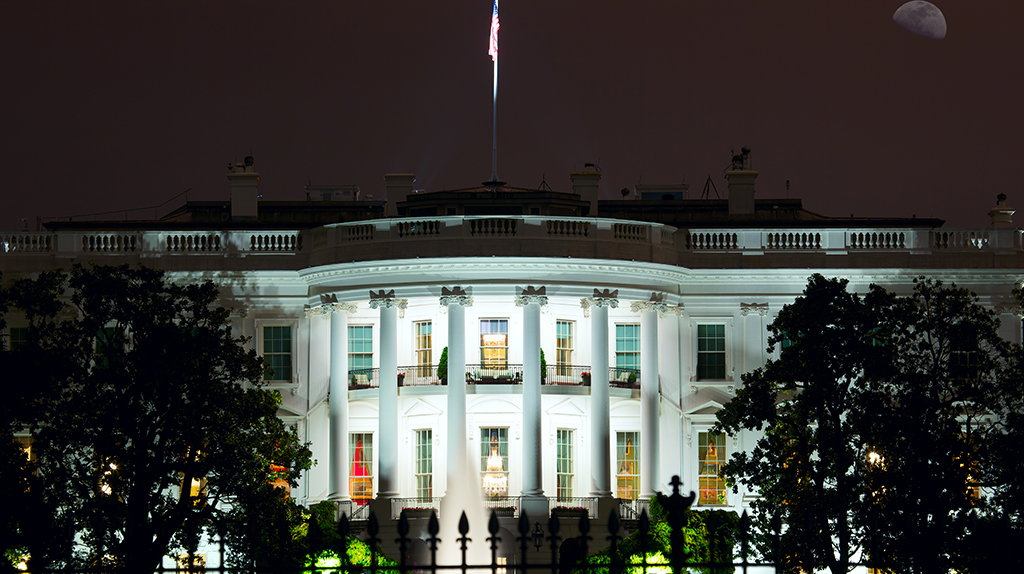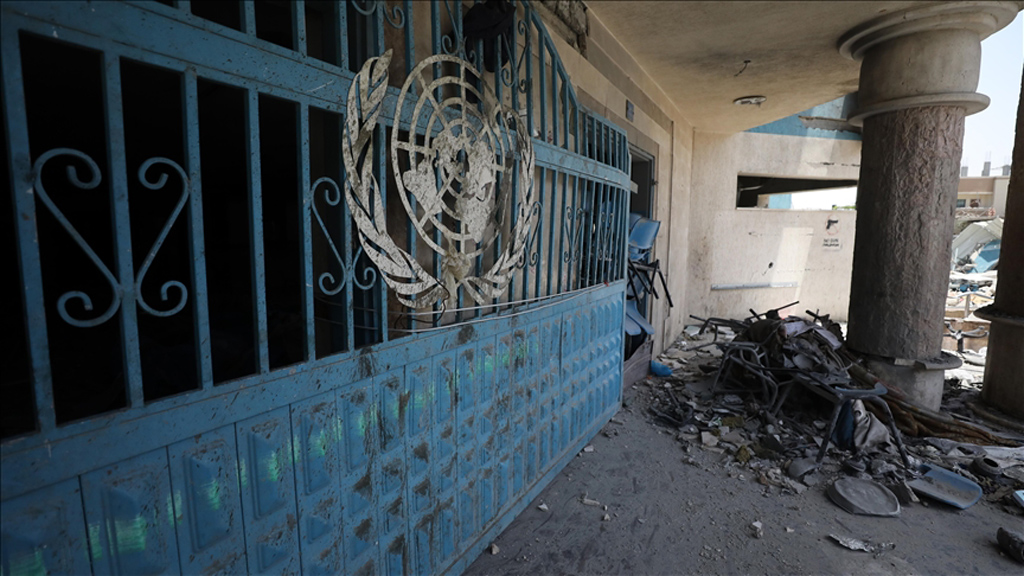On Monday, the Justice and Development Party's (AK Party) highest body announced the party's strategy for the closure case opened against it.
It is composed of two parts: firstly, the AK Party will prepare a court defense, and secondly it will introduce a democratization package that will include clauses to make the closure of political parties more difficult. While these are the immediate steps, the larger goal will be, or so party members say unofficially, to regain confidence in the AK Party. And this is the most difficult task for Prime Minster Erdoğan and his party.
There is nothing surprising about the idea of introducing new constitutional amendments. The problem is that such a package of democratization should have been introduced months ago, i.e., right after the July 22 elections, when the AK Party had all the confidence and the support of the people as well as Parliament. The new draft Constitution was discussed for months without getting anywhere because the whole Constitution was reduced to the headscarf. With the exception of few experts, no one paid attention to what the draft promised about civil liberties, political parties and judicial reform. By sleeping on the topic of the Constitution, the AK Party began to dig its own grave.
Yet it is still not too late to introduce new measures to strengthen the democratic functioning of the Turkish state. I say the "state" because the vast majority of Turkish people have no problem with democracy or secularism. It is the state and its protected elites that need democratic reform, and this is where the AK Party hesitated, faltered and finally gave in. The secret of the AK Party's success over the last two elections was its ability to mobilize the masses for a democratic, transparent and prosperous Turkey. The EU vision, still supported by about 60 percent of the population, was part of this bottom-up approach to politics. But as soon as the AK Party showed signs of fatigue and lost its reformist élan, it gave a golden opportunity to the militant defenders of the status quo. The charges of anti-secularism and the closure case are just the instruments of this battle.
The closure case against the AK Party is as significant politically as a direct military coup. It will not be easy for the AK Party to restore its confidence for the government and reforms. The new democratization package is unavoidable, but its timing is not easy to defend ethically. There will always be a shadow over the political reforms the Erdoğan government should introduce.
It is very likely that the AK Party will increase its popular support. As a matter fact, three independent polls show the AK Party around 52 percent. This is a five point increase from what the AK Party got in the July elections. But what is troubling is the level of support for closing down the AK Party. Two separate polls show that 60 percent of the people are against the closing down of political parties, including the AK Party. That means that around 40 percent support the banning of parties.
Now, this might be partly due to political party identities. Those who have voted for the Republican People's Party (CHP), Nationalist Movement Party (MHP), Democratic Left Party (DSP) and others make up about 50 percent of the voters, and they may want to see the AK Party out of office. There is nothing wrong with supporting one's party, which means opposing others. But the problem runs deeper: if the agents of a democratic system become so politically charged and ideologically polarized as to support the closure of other political parties, we have a serious problem in the name of Turkish democracy. Regardless of one's political association, everyone should be against the closure of political parties unless they are implicated in terrorism and proven guilty by a court.
This is extremely significant to protect both parliamentary democracy and the judiciary in Turkey. Otherwise, the legal system will be used against elected officials, and this will make the judiciary a politica








